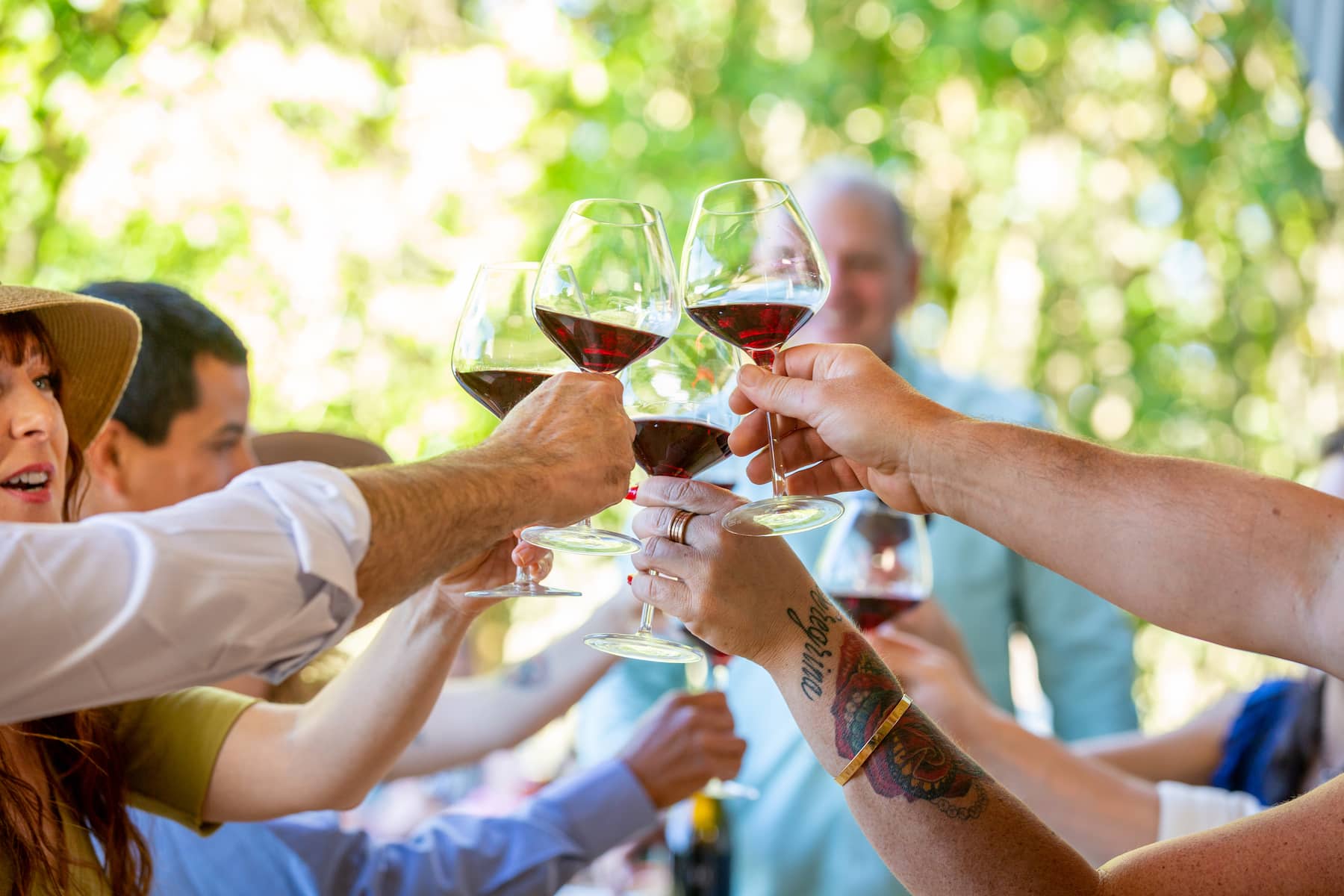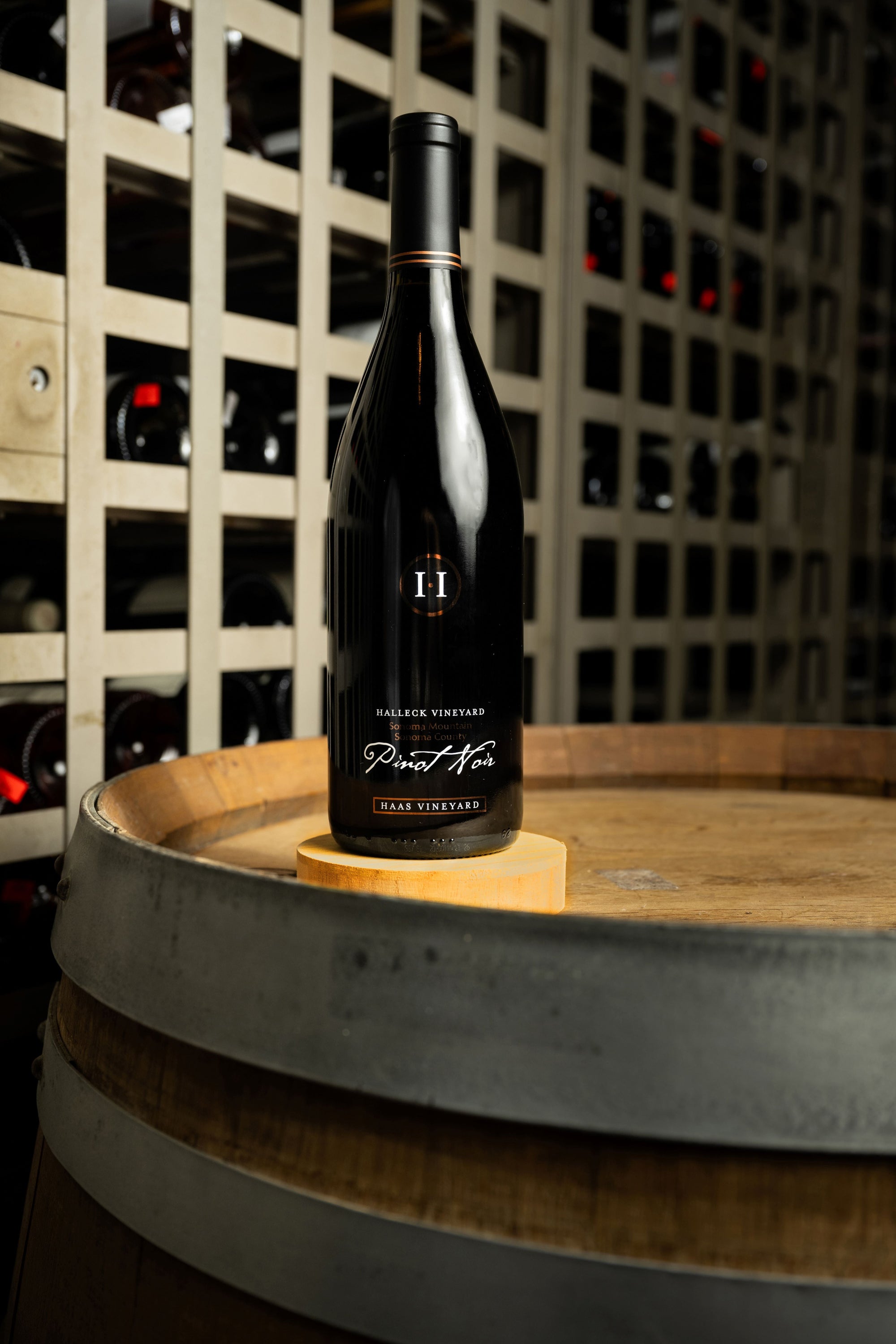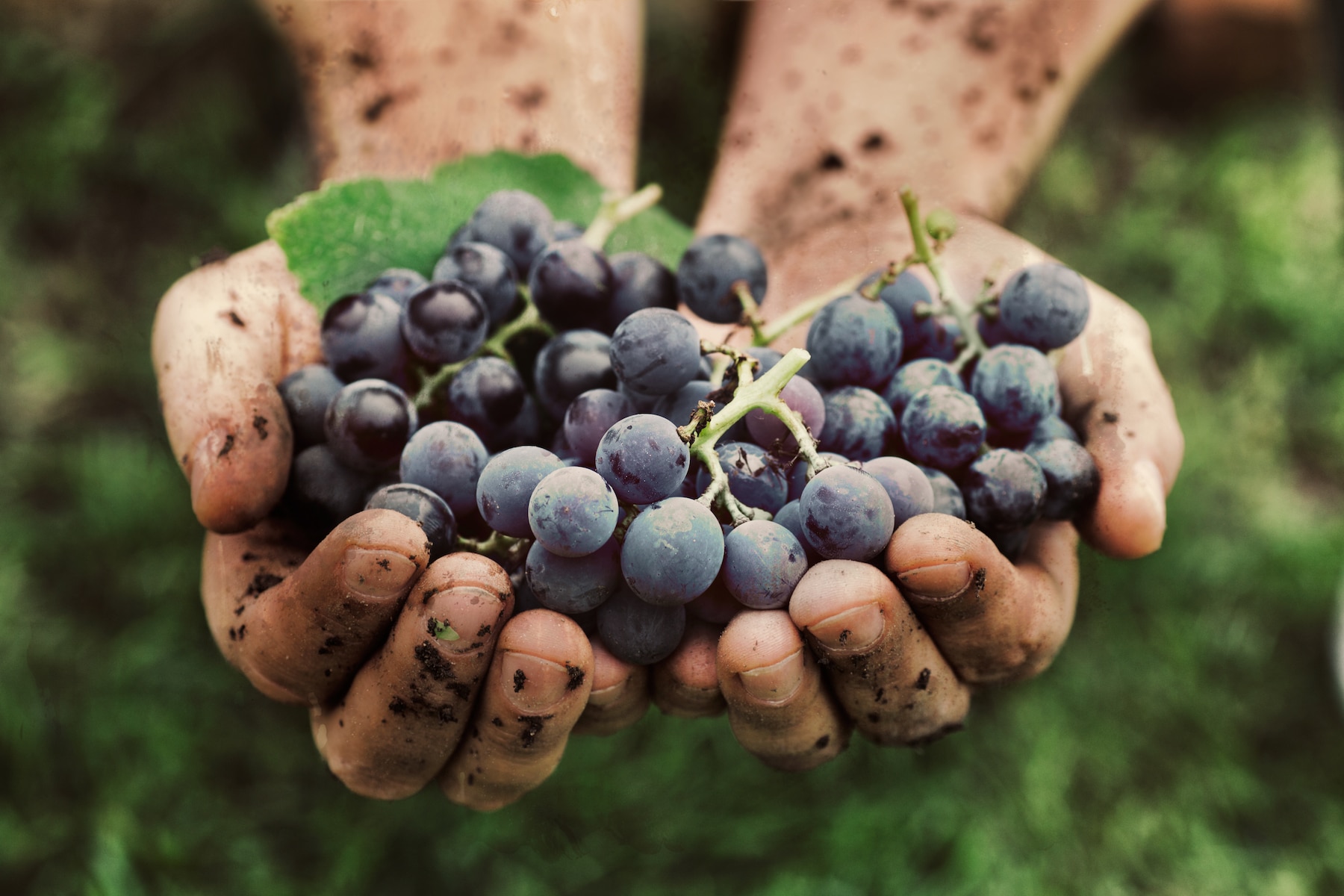Wineries Ideal For Large Groups - Best Winery Located In Sonoma
Wineries Ideal For Large Groups - Best Winery Located In Sonoma
Blog Article
Wineries Featuring Seasonal Wine Events In Sonoma - Sebastopol Wine Experiences
Visiting a winery for a wine tasting may be a fascinating experience, especially when you know how to maximize the chance with tasting notes. These notes function a guide to understanding the complexities of the wines you sample and assist in forming a deeper reference to each pour. Utilizing tasting notes can transform your experience, permitting you to savor not simply the taste but also the story behind each bottle.
Every wine has a novel profile influenced by grape selection, terroir, and winemaking techniques. Understanding these components can improve your appreciation of the wine. When you're given a tasting menu or a flight of wines to pattern, take the time to read through any descriptions supplied (Wineries Perfect For A Relaxing Afternoon). This preliminary overview can set the tone and expectations in your tasting experience.
Start your wine tasting by observing the wine in your glass. The shade can reveal lots in regards to the wine’s age and varietal. Take notes on the hue, clarity, and viscosity. A well-structured tasting note often includes this visible assessment as it forms the foundation of your evaluation. While it may seem trivial, the visual side is essential in wine tasting.
Vintage Wine Tasting Experiences In Sebastopol - Tasting Fine Wines In Sonoma County
After your visible evaluation, it's time to take a delicate whiff. Swirl the wine in your glass to aerate it, releasing its aroma. This is where tasting notes become particularly priceless. Make notes in regards to the totally different scents you detect—fruits, spices, or floral hints. Figuring Out these aromas will assist you to put words to the intrinsic complexities of the wine you are sampling.

The subsequent crucial step is the tasting itself. Take a small sip and let the wine roll over your palate. Note the flavors you experience. Are they sweet or tart? Where does your palate detect every flavor? Some wines may current quick sweetness followed by a tannic end. Use your tasting notes to document these layers, creating a roadmap of your sensory experience.
Contemplate also the mouthfeel of the wine as you style. Is it clean, crisp, creamy, or perhaps tannic? This textural quality considerably influences the overall enjoyment and impression of the wine. Observing the mouthfeel can reveal the quality and craftsmanship behind the winemaking process.
It's beneficial to match completely different wines as you taste them. If you are sampling a flight with contrasting varietals, make a remark of the variations you understand. How does the acidity range from one wine to another? Which wine feels fuller, and which is more refreshing? This comparative exercise deepens your understanding and helps sharpen your analytical skills.
Wineries With Live Music Events Occasionally - Exploring The Vineyards In Sonoma County

Engage with the winery staff while tasting. Educated hosts usually share insights concerning the winery's history, the particular vintage, or the winemaking philosophy, enriching your appreciation of the wine. Don't hesitate to ask questions that pique your interest based in your tasting notes. Many hosts enjoy discussing their wines and may supply a wealth of data that isn’t available from printed materials. Wineries With Unique Tasting Experiences.
Hold in thoughts the seasonality of wines as you taste. Totally Different wines evoke varied moods and pair nicely with distinct culinary experiences. Take notes on the way you may enjoy a specific wine with food. This not only provides context to your tasting notes but also aids future choices and purchases.

Another helpful tip while utilizing tasting notes at a winery is to record your impressions instantly. As wines can mix and create a uniform flavor memory, jotting down your ideas promptly ensures a more accurate reflection of your experience. Use adjectives that resonate with you, crafting a private vocabulary to describe every wine based in your preferences.
After finishing the tasting, review the notes you’ve taken. Mirror on which wines stood out to you and why. This reflection reinforces your tasting experience and highlights what you might seek in future purchases. If you've noted specific aromas or flavors that redirected here captivated you, this information empowers you to pick wines that align along with your palate.
Wineries Offering Virtual Wine Tastings - Local Wineries In Sebastopol
Wine tasting can even serve as an opportunity for socializing. Sharing your tasting notes with companions can ignite engaging discussions on flavors, preferences, and impressions. This communal aspect of wine tasting usually enhances the experience, cementing lasting memories you could recall with a cup of wine in hand.
In conclusion, using tasting notes at a winery wine tasting can considerably improve your experience. By observing the visual aspects, aromas, flavors, mouthfeel, and even the tales behind the wines, you create a wealthy tapestry of notes that may guide your future wine experiences. Engaging with the staff, comparing wines, and reflecting on your impressions will deepen your appreciation for the art of winemaking. Each tasting is a chance to find and connect with wines in thrilling new methods. With practice, your tasting notes will evolve, turning into a cherished element of your wine journey.
Wineries That Offer Food Trucks On Weekends - Wine Tasting At Sonoma Vineyards
- Begin by familiarizing yourself with the winery's tasting notes; they often describe the wine’s aroma, flavor profile, and end, providing a useful framework.
- Use your senses of sight and smell earlier than tasting; swirl the wine in your glass, observe its color, and inhale its bouquet to seize the wine's preliminary characteristics.
- When tasting, take a small sip and let the wine coat your palate; concentrate on the primary flavors and any secondary notes that may emerge, such as fruit, spice, or earthiness.
- Pay attention to the texture and mouthfeel of the wine; is it smooth, tannic, creamy, or crisp? This aspect can significantly improve your understanding of the wine.
- Examine the tasting notes along with your sensory experience, noting any similarities or discrepancies, which can deepen your appreciation of each wine’s complexity.
- Consider the wine’s growing older potential by analyzing its structure and balance; some wines may be pleasant now, while others may evolve fantastically over time.
- Take notes through the tasting; recording your impressions may help you bear in mind every wine better and refine your palate for future tastings.
- Have Interaction with the tasting employees; ask questions about the wine production process, grape varieties, and the precise notes you're detecting to reinforce your information and experience.
- Explore pairing recommendations alongside your tasting; understanding which meals complement the wine can enrich both the tasting experience and your appreciation for the wine's nuances.
- Respect varying preferences amongst your group; wine tasting is subjective, and encouraging open dialogue about individual tastes can result in a extra gratifying and informative experience.undefinedWhat are tasting notes, and why are they essential at a wine tasting?undefinedTasting notes are descriptions of the flavors, aromas, and general impressions of a wine. They are essential as a outcome of they guide your palate and improve your understanding of the wine's traits, helping you respect different varieties and styles.
How should I take notes throughout a wine tasting?undefinedYou ought to focus on key components such as aroma, flavor, physique, acidity, and end. Use a structured format or template to categorize your thoughts and write down your impressions immediately after tasting. This helps you keep in mind your ideas later.
Am I Able To use my very own words to explain a wine, or ought to I stick to straightforward tasting terms?undefinedYou can absolutely use your personal words to explain a wine. While normal tasting terms can help convey particular qualities, personal descriptors add authenticity to your notes and might make your wine experience extra pleasant and relatable.
Should I concentrate on particular flavors within the wine or the overall experience?undefinedBoth features are necessary. Whereas specific flavors help you identify the distinctive traits of a wine, the overall experience encompasses how all elements combine—creating a extra holistic understanding of the wine.
Wineries Showcasing Local Art And Crafts - Sebastopol Vineyard Visits
What if I cannot identify certain aromas or flavors throughout a tasting?undefinedIt’s frequent to have difficulty figuring out particular tastes or scents. Don’t hesitate to ask for assist or guidance from the employees on the winery. They can present insights and help refine your palate over time via practice.
How can I use tasting notes to determine on wines in the future?undefinedBy reviewing your tasting notes, you'll have the ability to identify your preferences and trends in your wine decisions. This lets you choose wines that align with your palate in future tastings and purchases, making your experience more pleasant.
Is it applicable to match wines throughout a tasting?undefinedSure, comparing wines may be helpful. It helps spotlight the variations in flavor profiles and attributes, permitting you to develop a deeper appreciation and understanding of every wine's distinctive qualities.
What ought to I do if I disagree with the tasting notes supplied by the winery staff?undefinedDisagreement is a pure a part of wine tasting! Use read the article it as an opportunity to debate your impressions with the staff; they can provide extra context or details about the wine, which might enrich your experience.
Exclusive Wine Clubs In Sonoma - Wine Tasting Experiences In Sonoma Valley
How ought to I organize my tasting notes after the event?undefinedAfter the tasting, organize your notes by wine sort, producer, or personal choice. Think About making a digital or bodily journal which could be referenced for future tastings and wine alternatives, making it simpler to recall your experiences. Report this page